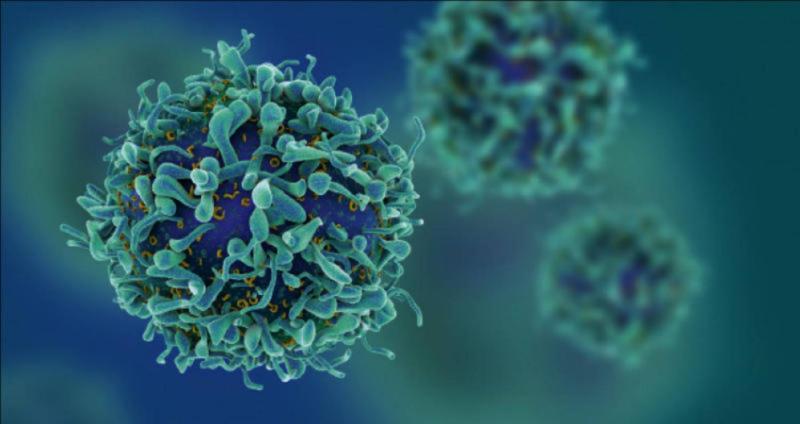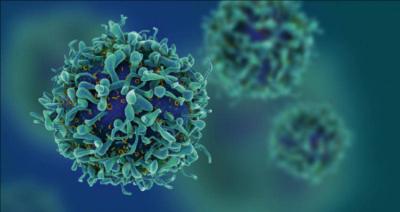A new study has shown that microplastics present in the body can make cancer more aggressive and cause it to spread faster. Microplastic and nanoparticle particles, which are small particles that can be ingested or inhaled, can be found throughout the world, as well as throughout the body, including the brain, heart, lungs, and also the placenta.
Now, the study conducted by leading cancer researcher Professor Lukas Kiner from the Medical University of Vienna has demonstrated how cells that come into contact with plastic particles smaller than 0.25 micrometers (a micrometer is 0.0001 mm) were more likely to migrate (referring to the process of cancer cells moving from one organ to another), which could lead to secondary tumors, or metastasis.
Professor Kiner, a researcher and deputy director of the University of Vienna, stated that the results are "frightening," explaining that the continuous breakdown of plastic in the environment has created "a flood of plastic coming towards us." Kiner and his team also found that plastics present in cells did not stop cell division and seemed unable to expel the particles.
He added, "The study results indicate that plastic is not only present in cancerous cells but also accelerates the growth of these cells. This matter is being further investigated, but the evidence we have so far regarding the health impact of plastic is astonishing and requires immediate attention from policymakers globally. Governments and companies must fund research on the impact of plastic on human health and work to eliminate this dangerous pollutant from our daily lives."
The digestive system is considered the most common entry point for microplastics and nanoparticles, as studied by Austrian scientists. One study found that humans inhale small plastic particles equivalent to a credit card every week.
Professor Kiner's study also highlighted the risks faced by embryos, as microplastics present in the placenta are transferred to unborn children. The University of Vienna is now focusing on determining the extent to which plastic particles promote tumor formation throughout the body.




